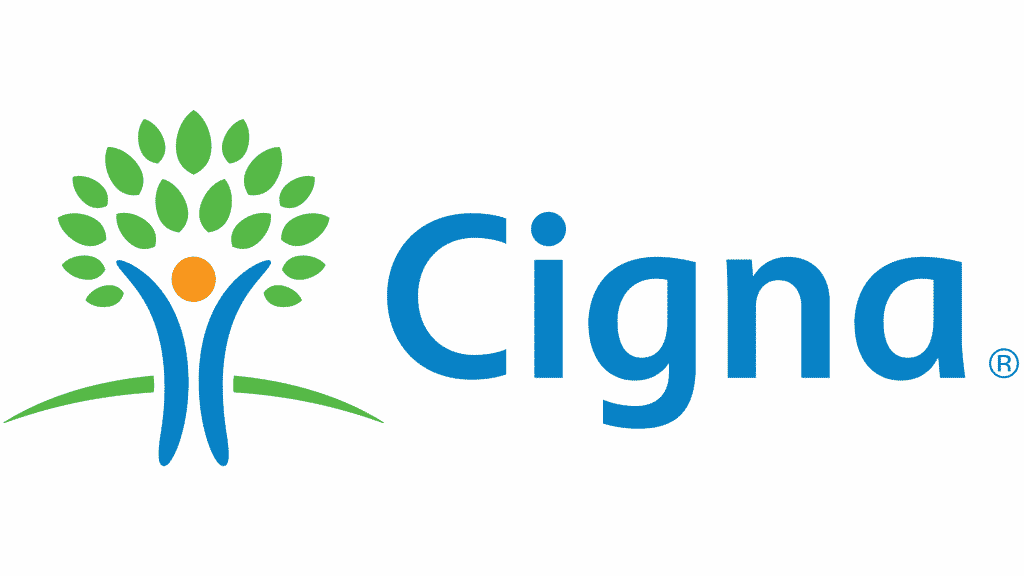Finding motivation during alcohol rehab is something that is easier said than done. Understandably, addiction treatment can be a complex process that brings up several challenges, which may include staying committed to sobriety. How does one find the strength and motivation to get better in spite of those unwanted thoughts and feelings that might tell you otherwise? With professional guidance from our team at Magnolia Ranch Recovery and some additional tips below, it is possible to build the motivation you need to succeed in addiction recovery.
What Motivates One to Stay Sober?
Finding the motivation to stay sober, as with anything, requires finding a goal or reason that resonates with you to carry out the changes you need to make. It’s about finding something in your heart, mind, or life that’s worth committing to and fighting for. It can be anything from your family, career, partner, health, pets, learning new things, or even starting over completely. It can even be just about yourself. In addition to this, staying motivated in alcohol rehab involves tracking your progress, being realistic about your expectations, and allowing yourself the compassion to keep moving forward if you slip up. Ultimately, it’s about consistency rather than perfection.
Finding Motivation for Alcohol Rehab
Getting the drive to make healthy changes, such as going to alcohol rehab, is something to be celebrated. However, when life happens, sticking to your plans may not always be easy. Here are some helpful tips to stay motivated in your recovery:
Find the Right Support System
Accomplishing important goals, such as addiction recovery, is usually a lot easier when you have a support system in place. This can manifest differently for everyone, but in general, your support system should be a person or a group that you can rely on to provide encouragement as you work toward sobriety. With this in mind, it’s also important to set boundaries with people or situations that can pull you back into old, unhealthy habits.
Think of the Bigger Picture
What this could mean for you all depends on how you envision your best life unfolding. If you were to go to alcohol rehab and remain sober, what could happen for you in the future, say, a year to five years from now? Think about your hopes, dreams, and goals. Consider the important people in your life that want to see you succeed. Addiction, like any other human mistake, is just one part of your story that doesn’t need to take over your entire life.
Seek Comfort and Pleasure in Healthy Ways
Being in alcohol rehab is the perfect time to explore new activities or even old hobbies that bring you joy. What are some ways that you might stay engaged, productive, entertained, or even just occupied without having to resort to alcohol? Try a new sport, write in your journal, or spend time with horses—your possibilities are endless.
Find Your “Why”
Above all, ask yourself, why is it important for you to be sober? As mentioned previously, finding something worth fighting for will ultimately be the guiding force behind staying motivated in your sobriety journey.
5 Stages of Motivation in Alcoholism Treatment
Over the last several years, there has been a surge of interest among therapists and researchers in the concept of personal motivation and its role in alcohol addiction treatment. Based on this, experts have identified five stages that people often go through while attempting to change their behavior. While motivation plays a huge role throughout all stages of recovery, its importance is usually highly emphasized by many professionals for the first three stages.
1. Pre-contemplation
During pre-contemplation, an individual has not yet considered change. In this phase, they are also more likely to deny that they even have an alcohol problem. Getting through the pre-contemplation stage requires the individual to recognize that they may have an alcohol problem and acknowledge the need to change their drinking habits.
2. Contemplation
In the contemplation stage, an individual has recognized the need for change and is considering it but not yet taking action. They had just weighed the pros and cons of changing their behavior and, by doing so, have left the precontemplation stage. However, it is still too early for them to decide whether to move forward with addiction recovery or change their mind and return to their current habits and lifestyle.
3. Preparation
An individual in the preparation stage has moved forward from contemplating change and has now started planning how to take action. In this stage, the individual’s commitment to sobriety increases as they invest more time and thought into the possibility of real change. They now recognize that they have a problem and that they need to take action to address it.
4. Action
In the action stage, an individual has started to implement behavioral strategies to change their drinking problem. They are ready to start dealing with the issue at hand and are more receptive to outside resources, such as alcohol rehab, substance abuse treatment programs, self-help workshops, or 12-step groups.
5. Maintenance
Finally, an individual in the maintenance stage has started making the necessary lifestyle changes to accommodate their recovery. The person in this stage recognizes that in order to avoid relapse, certain adjustments must be made in different areas of their life.
Why Professional Guidance Is Important
Having the professional resources and care you need is essential when you’re trying to find the motivation to be sober. While it’s important that people come to addiction acceptance on their own terms, there are several instances where the right information and encouragement from an experienced addiction specialist can help increase a person’s chances of recovery. Ideally, it’s important to know that professional help is available anytime, no matter what motivational stage you are currently in. If you are uncertain about whether or not your drinking habits are a problem, please reach out to Magnolia Ranch Recovery. Our caring alcohol rehab specialists in Pulaski, TN, can help you begin with a treatment program that works for you no matter where you may be in your journey.
Start Today With Alcohol Rehab in Pulaski, TN
Magnolia Ranch Recovery is an all-encompassing alcohol rehab in Pulaski, TN, that offers residential addiction treatment, medical detoxification, intensive outpatient/outpatient programs, and more. If you or a loved one are seeking an alcohol rehab that provides a safe, comfortable, and peaceful environment for recovery, contact us today. We look forward to helping you uncover the tools and techniques you need to overcome addiction and experience lasting sobriety.


















